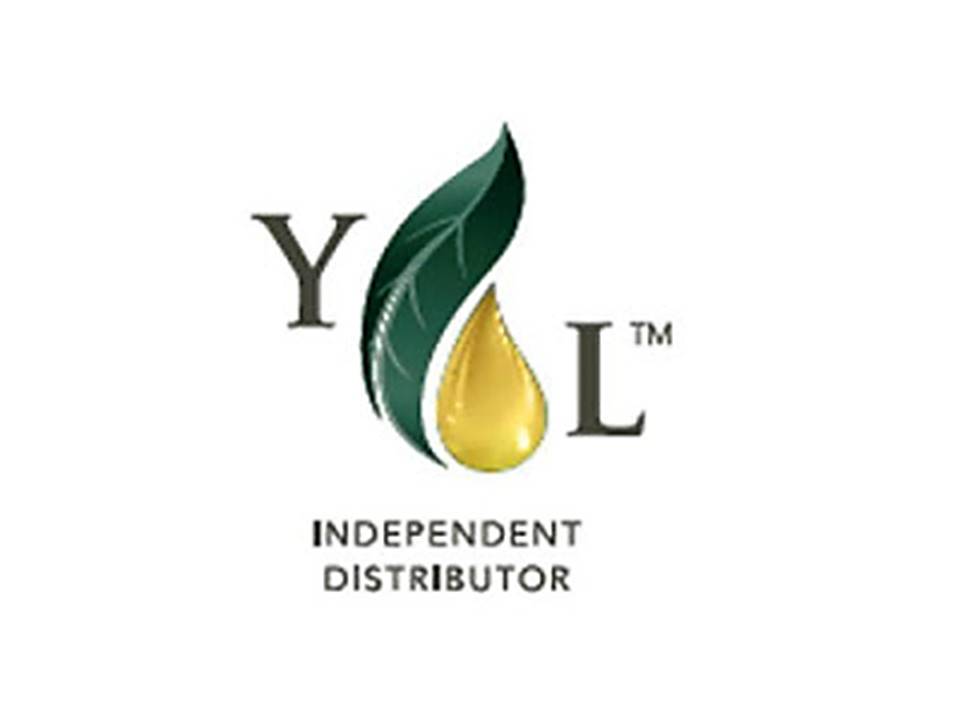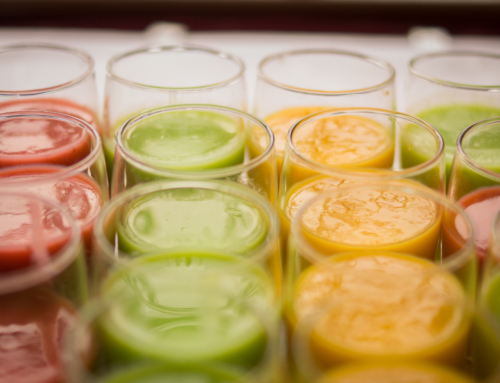Sun Health

Living in Oregon has made me adore and appreciate the cherished visits of the sun. In fact I do feel some trepidation that I may curse us all by mentioning anything about sunshine that is not glorious. Therefore, let us stop and adore the warm and loving rays of sunlight that make you aware that you have neighbors, blue skies, and that people do indeed have the capacity to wave, nod or smile at you.
The sun is nothing but good! The recent CDC reports shows that higher rates of skin cancer are not the sunshine states. In fact Nevada has a lower incidence of skin cancer than Oregon. The states with the highest rates of skin cancer are listed below:
- Delaware–32.6
- Vermont–32.3
- New Hampshire–31.4
- Wyoming–30.1
- Oregon–29.6
- Montana–29
- Iowa–27.8
- Washington–27.5
- Utah–27.4
- Maine–26.5
https://www.cdc.gov/cancer/skin/statistics/state.htm
Of course you can argue any way you like to justify these results. Maybe people in Oregon don’t protect their skin enough, people in the “sunshine states” take sun exposure more seriously, the ozone is thinner there, etc.
We tend to not consider that the idea/theory/fact/paradigm/mom says the sun causes cancer may no be completely true. I am not saying that UV exposure can and does not cause damage to cells, but so does oxygen, nitrogen and carbon. These “innocuous” life giving particles can and do cause damage to cells; but, our living bodies can play with fire, water, air and the earth and find and refine the pathways to heal and live. The sun gives life to the living on this planet. Let us stop and think about other reasons why we get skin cancer. Consider trying the thought that our bodies have the answer to this already, therefore, how do we peer into it and learn these lessons.
I have some untested/biased ideas on this and will not get into this now. I rather leave you some answers to the question I assume you want to know.
I researched in the www.ewg.org for the safest sun lotions to use. It has many articles and opinions on this and I think it is a great resource. To be honest, this is a good start but by no means is its research complete.
My friend Travis Hollestelle found a peer reviewed article on herbal alternatives.
Herbal Sun Protection Agents: Human Studies: Lana Rabinovich, Viktoryia Kazlouskaya
,doi:10.1016/ j.clindermatol.2018.03.014
To sum the article, taking oral herbal capsules of turmeric, resveratrol, green tea extract and pomegranate had good clinical outcomes. These herbs are known for their antioxidative properties which reduces swelling and cell irritations.
I can leave you a very effective way to protect against and recover from sunburn. The ability of our skin to adapt to sunlight exposure is directly related to the amount of calcium in the skin: 98% of calcium is the bones and organs, 1% in the blood and 1% is in the skin. The skin is a reservoir to calcium (a very shallow one indeed), and uses calcium for protection and for its resilience. Calcium gets to the skin by our diet and need essential fatty acids to get into the skin. Essential fatty acids may be know to you as omega 3’s, omega 6’s etc, or fish oil, cod liver oil, flaxseed oil, sesame seed oil, borage oil etc. Fish oil is best or organ meats (ew but true). Vitamin D will actually take the calcium out of the skin. So it’s best to stop your D if you know you will be in the sun and exposed to sunlight and take fish oils. Unfortunately, not all oils may be good for you. There can be mercury in them or they were processed to capsule incorrectly. It is best to do your research again. Nordic Naturals and Standard Process Tuna Omega 3 are clean.
I hope you can enjoy the summer and take the time to learn a little more from the abundance and grace of nature.






